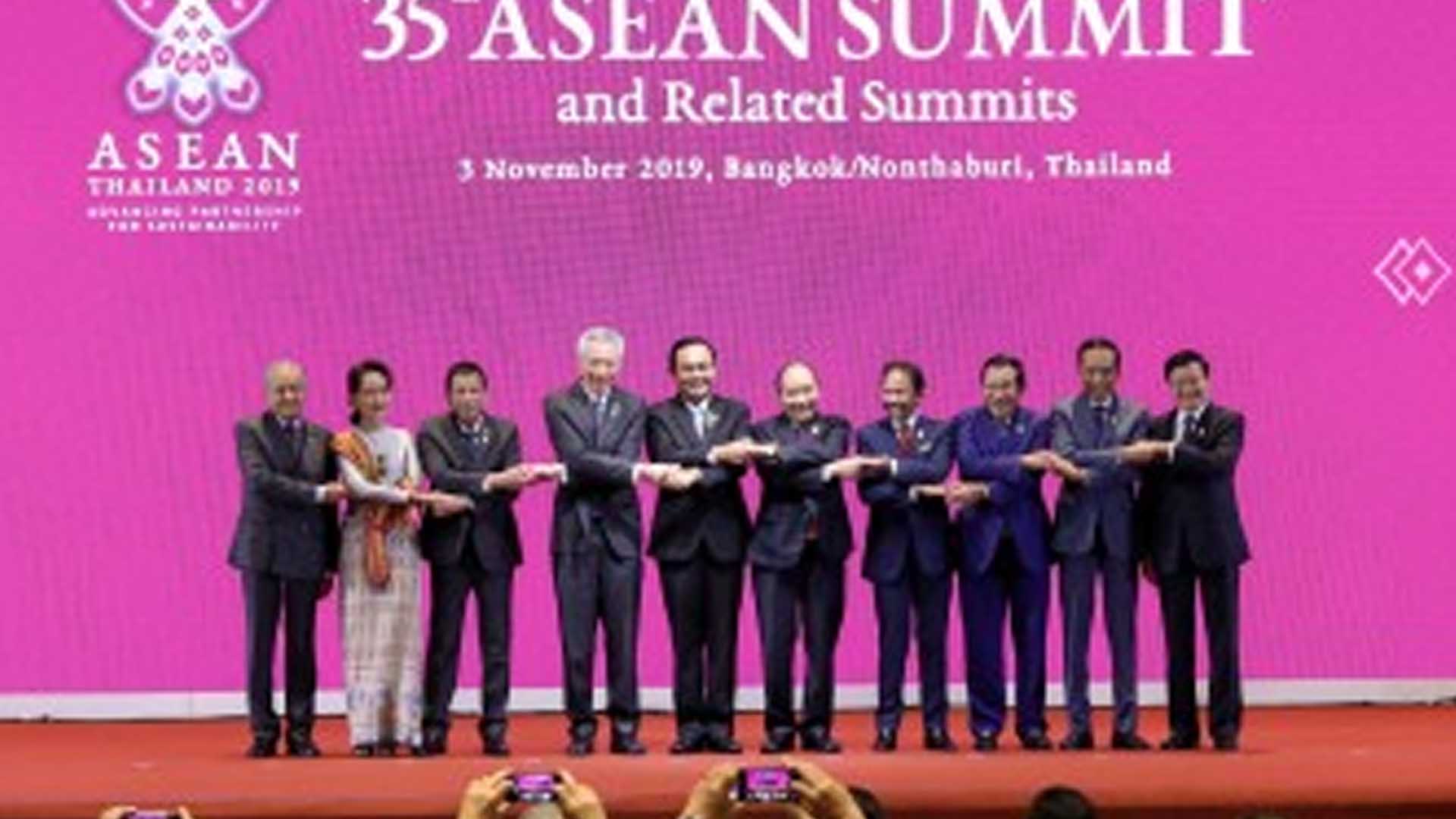Leaders of the Association of Southeast Asian Nations (ASEAN) want to finish a binding Code of Conduct (CoC) in the South China Sea within three years or earlier.
This is what the 10-country group said in its Asean Common Statement for the 22nd Asean-China Summit held here Sunday, November 3, that was read by President Rodrigo R. Duterte.
Chief Presidential Legal Counsel and Presidential Spokesperson Salvador Panelo, in a statement, said the Philippines was tasked as the country coordinator for the ASEAN – China Dialogue Relations.
He said the 10-member regional bloc, based on its Common Statement, greeted China on its 70th anniversary and said Asean and China should improve further discussions on political security through regular high-level meetings and coordination.
“President Rodrigo Roa Duterte likewise reaffirmed ASEAN’s commitment to maintain and promote peace, security, stability and safety in the South China Sea.
In particular, the Chief Executive reaffirmed the regional bloc’s shared aspiration to conclude an effective and substantive Code of Conduct within a three-year timeline or better yet, earlier,” he said.
The President also reiterated his suggestion that Asean members must ensure self-restraint despite the territorial disputes on the South China Sea for the eventual materialization of an “effective and substantive Code of Conduct.”
He called against land reclamation, militarization of features and paramilitary actions.
He, however, pointed out that more than self-restraint Asean leaders should be united in pushing for the conclusion of the CoC.
“PRRD (President Rodrigo R. Duterte) therefore expressed hope to arrive at a Code of Conduct, which he considered an important deliverable, that is responsive to the ground. He firmly committed to push the negotiations forward and even urged all parties to refrain from activities that would derail the process of having a Code of Code at the soonest possible time,” Panelo said.
Aside from the Philippines, other claimants to some parts of the South China Sea are Brunei Darussalam, Taiwan, Indonesia, Malaysia, and Vietnam while China claims the South China Sea as part of its territory.
The Philippines is claiming three islands in the disputed sea — the Mischief Reef, Second Thomas Shoal and Reed Bank, which are part of the country’s exclusive economic zone and continental shelf.
Mischief Reef is also known as Panganiban Reef in the Philippines, Second Thomas Shoal is known as Ayungin Shoal and Reed Bank as Recto Bank.
In 2016, the Philippines won the arbitral case on the territorial dispute against China after the United Nations Arbitral Tribunal favored the Philippines.
The decision stated that the three islands “are submerged at high tide, form part of the exclusive economic zone and continental shelf of the Philippines, and are not overlapped by any possible entitlement of China.”
Meanwhile, Duterte said the region “is also anticipating the full and effective implementation of the Asean-China Trade Area since the world’s 2nd second largest economy is the regional bloc’s largest trading partner, 3rd largest external source foreign direct investments (FDIs) and an important source of tourists.” (PNA)






